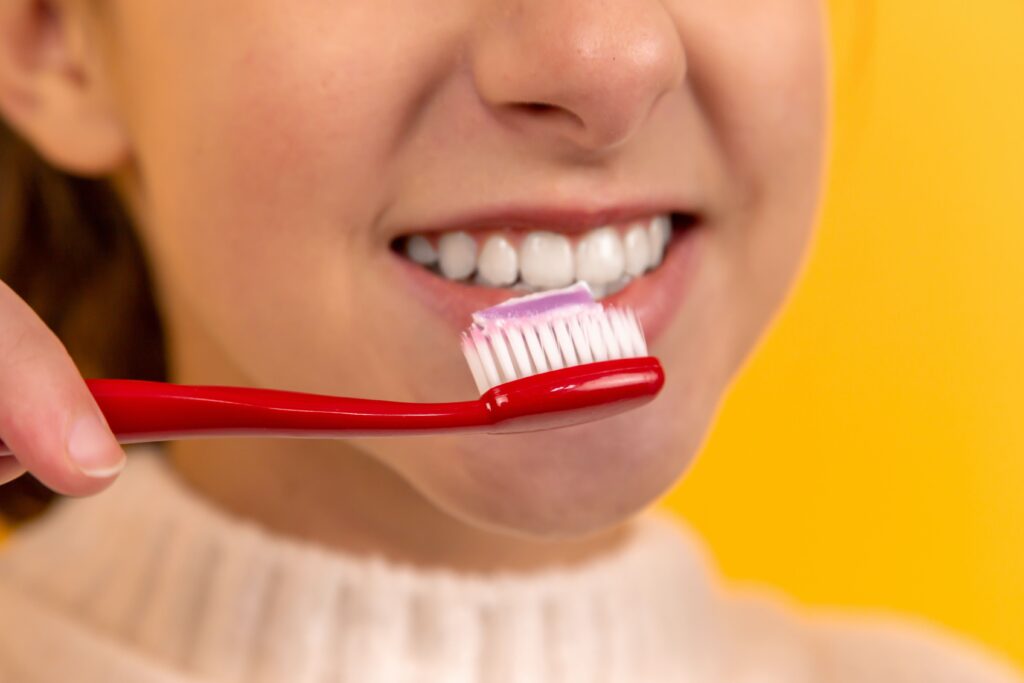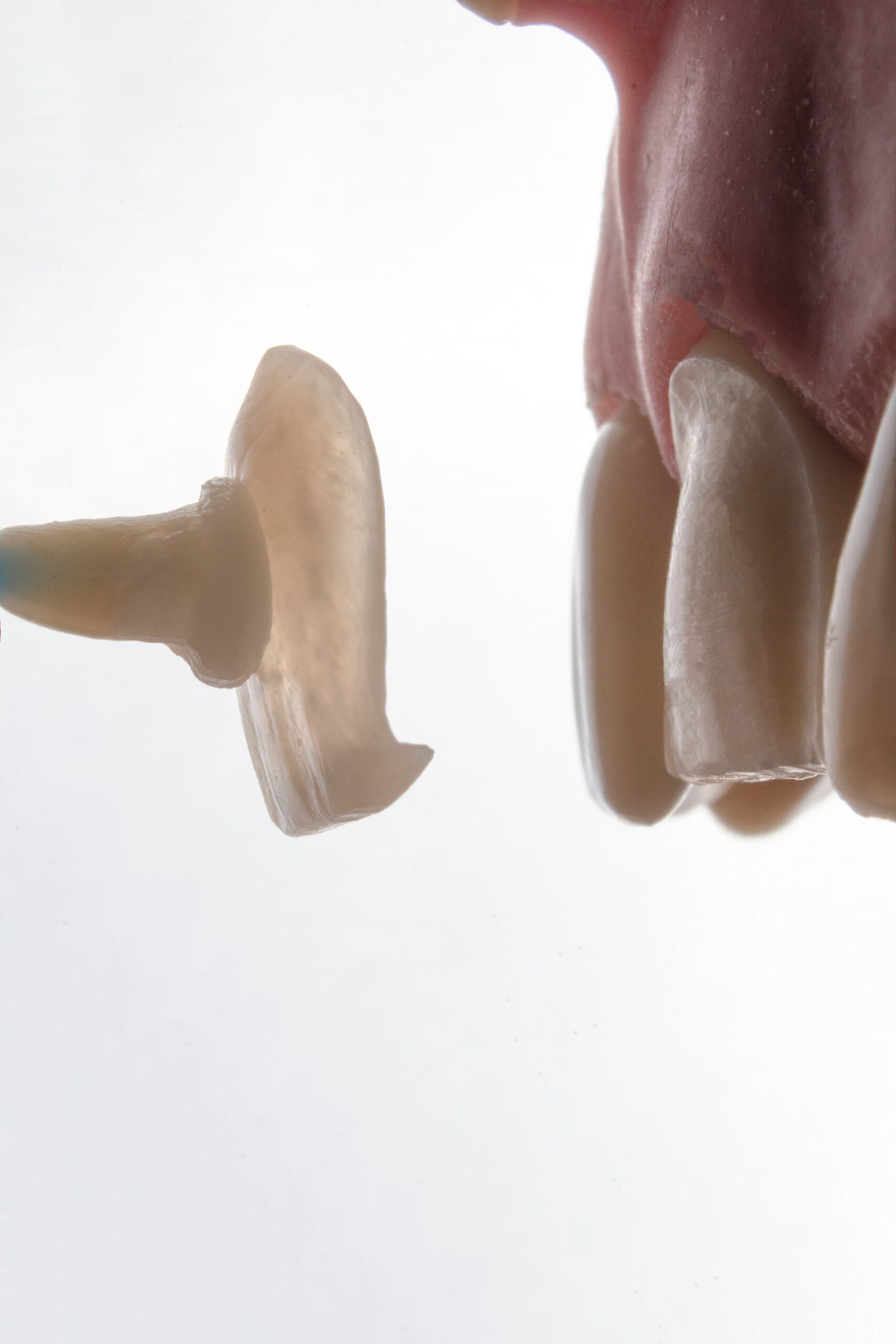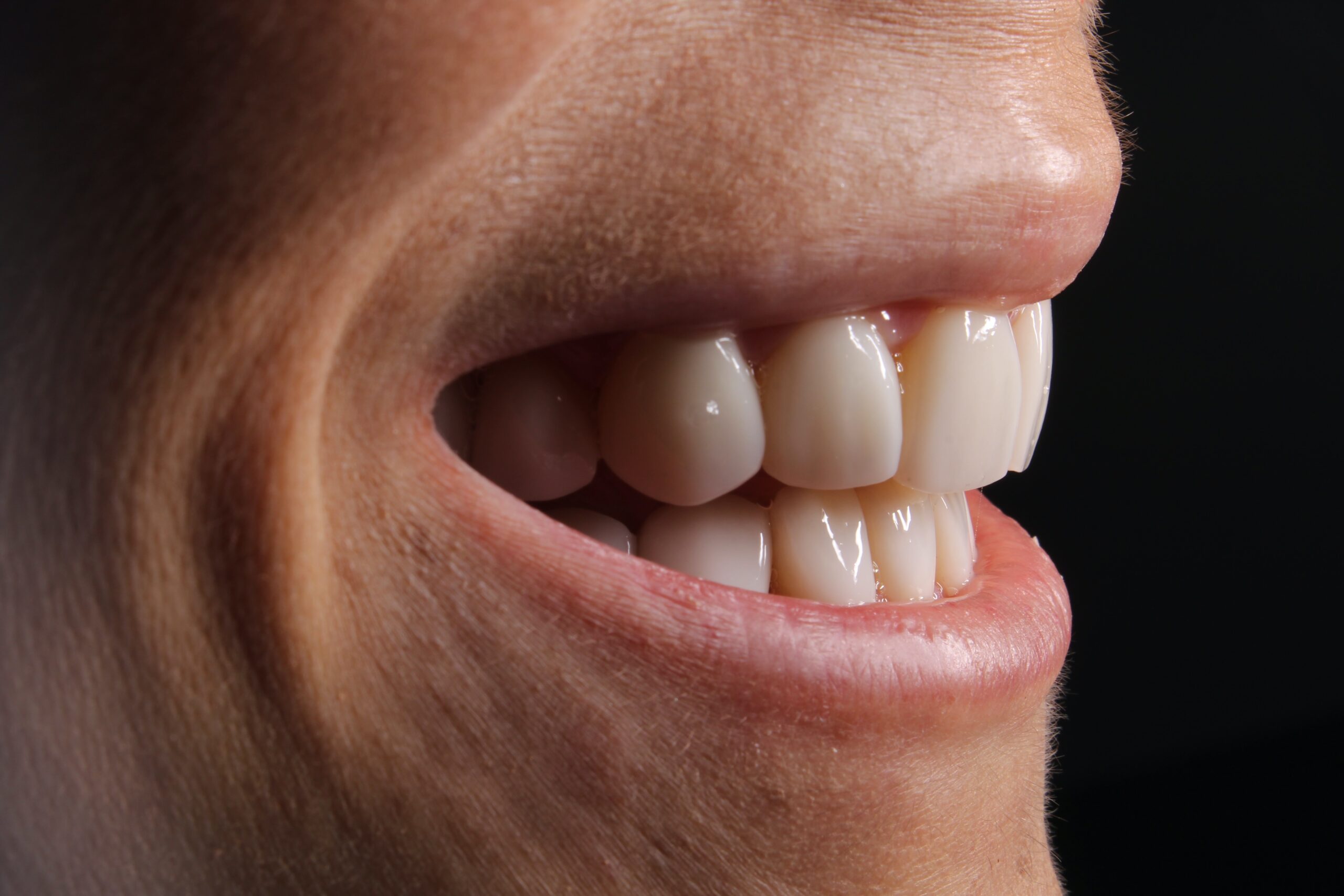

By ANTHONY KING
How flossing and brushing may be good for your lungs
Did you ever think that a simple task like brushing your teeth could actually keep your lungs healthy – in addition to preventing cavities and gum disease?
The bacteria causing gum disease have already been linked to life-threatening heart illnesses for a while now. It is suspected they enter the bloodstream and travel to the heart. This would explain why some microbes from dental plaque often turn up in heart valves and heart muscle.
There is now increasing indication that gum health may be also strongly linked to lung diseases. ‘We believe that inflammatory bacteria in the mouth create pockets between the gum and tooth, break down the lining and spread to the heart and lungs,’ said Dr Randi Bertelsen at the University of Bergen in Norway.
Whether the bacteria in our mouth influence the health of our lungs and future risk of lung disease is the focus of a project that Dr Bertelsen leads. This involves hundreds of participants in a previous study (the European Community Respiratory Health Survey, ECRHS) who were monitored for respiratory health over the last two decades and who had given samples from their gums around 10 years ago. With further research now underway under the BRuSH project, Dr Bertelsen is investigating the role played by the oral microbiome in lung disease. Her hypothesis is that oral microbiome communities dominated by bacteria will have a negative effect on the respiratory tract.
The patient journey through time may help reveal whether deteriorating dental health is indeed a preamble to lung disease, indicating that bacteria in the mouth are detrimental to lung health, or not. The patient gum samples were collected in study centres in Bergen, Norway; Tartu, Estonia; and Melbourne, Australia as part of ECRHS III. Dr Bertelsen is especially interested in asthma and chronic obstructive pulmonary disease (COPD), two incurable lung diseases.
Gum-lung health link

This article was originally published in Horizon, the EU Research and Innovation magazine





